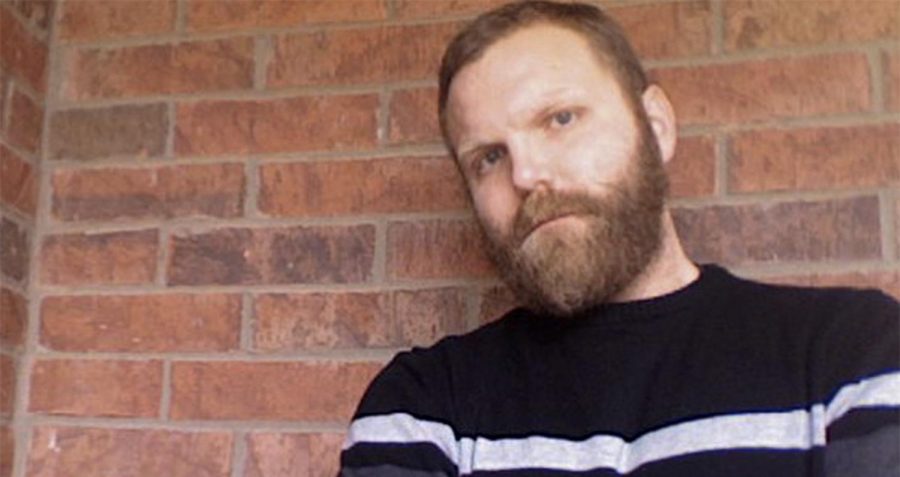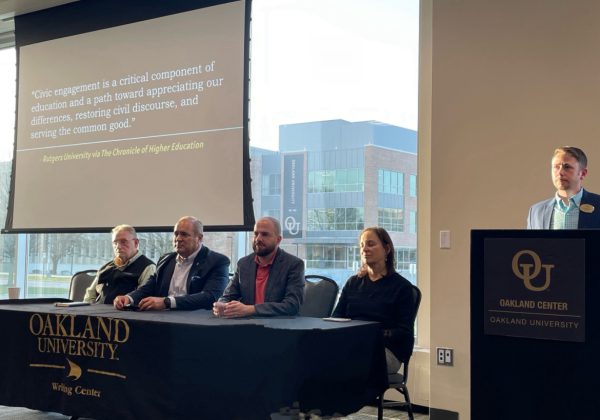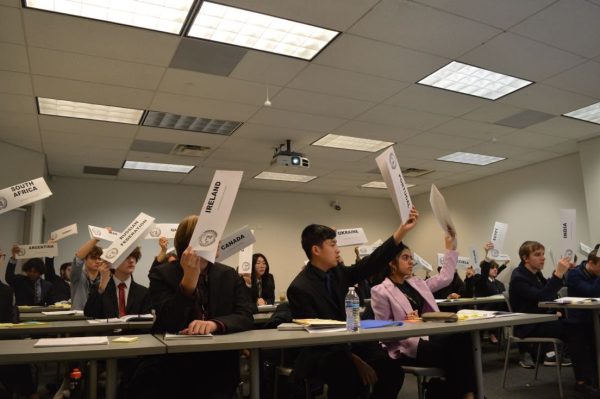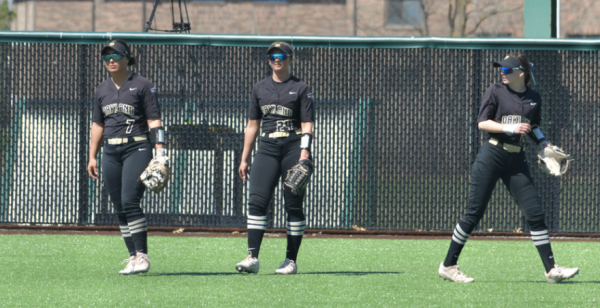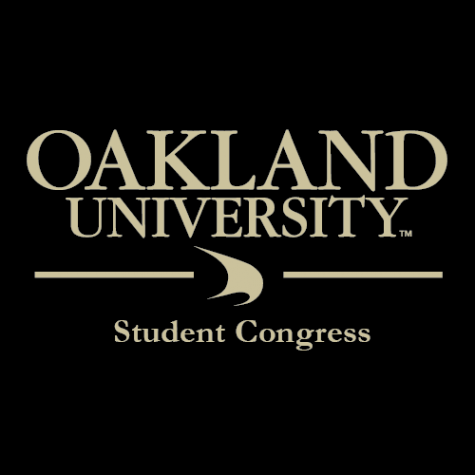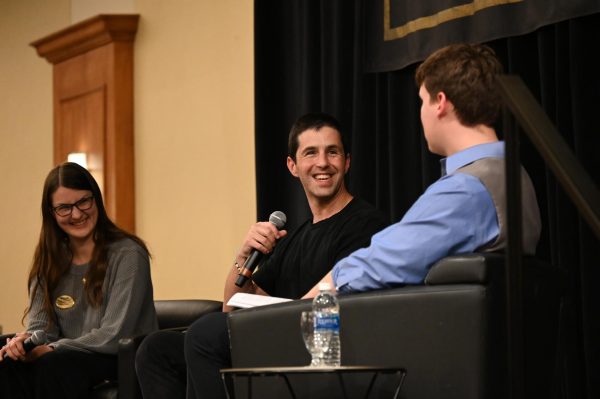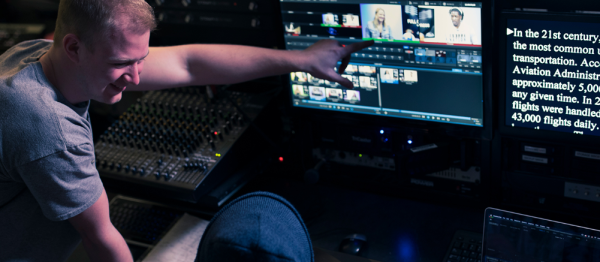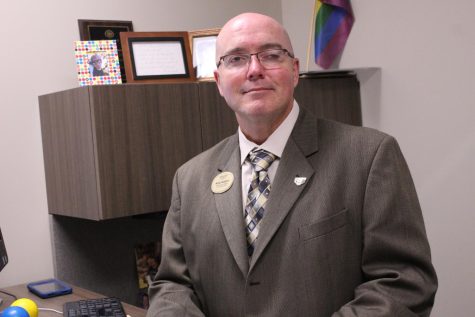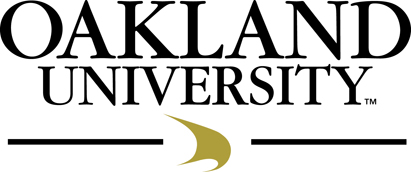OUWB professor takes on medical trainee unprofessionalism
Jason Wasserman, associate professor of Foundational Medical Studies and Pediatrics, published an article on unprofessionalism in medical trainees.
A professor at Oakland University William Beaumont School of Medicine (OUWB) is the first author on an article about unprofessionalism in The New England Journal of Medicine.
Jason Wasserman, associate professor of foundational medical studies and pediatrics at OUWB, recently published the article, “Responding to Unprofessional Behavior by Trainees – A ‘Just Culture’ Framework,” along with co-authors Michael Redinger and Tyler Gibb.
According to Wasserman, the article adapts a framework that is commonly used by health systems in identifying, characterizing and responding to medical errors by physicians and staff in the context of student lapses in professionalism.
“I think schools struggle with how to identify, characterize and respond to instances of unprofessional behavior by students, and this is a particular challenge in medical education because professionalism is a core competency of physicians,” Wasserman said.
This type of challenge brings to his conclusion that institutions and faculty need to both hold students accountable and recognize these instances as teaching moments they can use in students’ development.
This was the start of the article — when he and his co-authors discovered the connections to how they were processing the issues of unprofessionalism amongst students and how hospitals had employed “just-culture” strategies to respond to medical error.
The phrase “‘just-culture framework” in the title of the article represents a safety strategy utilized by high-risk industries such as aviation in response to human errors, according to Wasserman.
His article, mainly focusing on the similar questions about lapses in professionalism, also stressed the negative outcome of punishment for human errors. It states that the outcome of the punishment inhibits the institutions and faculty to understand how the system might be improved to optimize how individuals function within it.
“Certainly, there is some level of individual accountability that is necessary, but we also need to ask how the learning environment can be optimized in a way that improves the professional development of our future doctors,” he said.
As medical schools and their faculty often struggle with how to balance accountability and compassion for students and to fully examine how the learning environment might be improved, he emphasized the importance of the framework.
He hopes that medical schools find the framework helpful in terms of thinking and talking about cases of unprofessionalism. More broadly, thinking about medical schools as systems requiring “Just-Culture” might be helpful.
“This framework will not necessarily give you clear answers about how to respond to those instances, but it can help provide an architecture for the conversation, help organize the issues, and give some sense of consistency to the process across multiple cases,” Wasserman said.
Both as a professor and a writer, Wasserman believes in the positive outcome publication of new ideas will bring to the field of medicine. He said he has become increasingly involved in clinical ethics consultation at a local hospital and has enjoyed developing ethics related curriculum at OUWB.
“As emerging professionals, medical trainees by definition fall short of the expected standards of their future profession,” he wrote in his article. “To promote their development, educators’ responses to shortfalls must walk a fine line between formative feedback and punitive consequences.”


